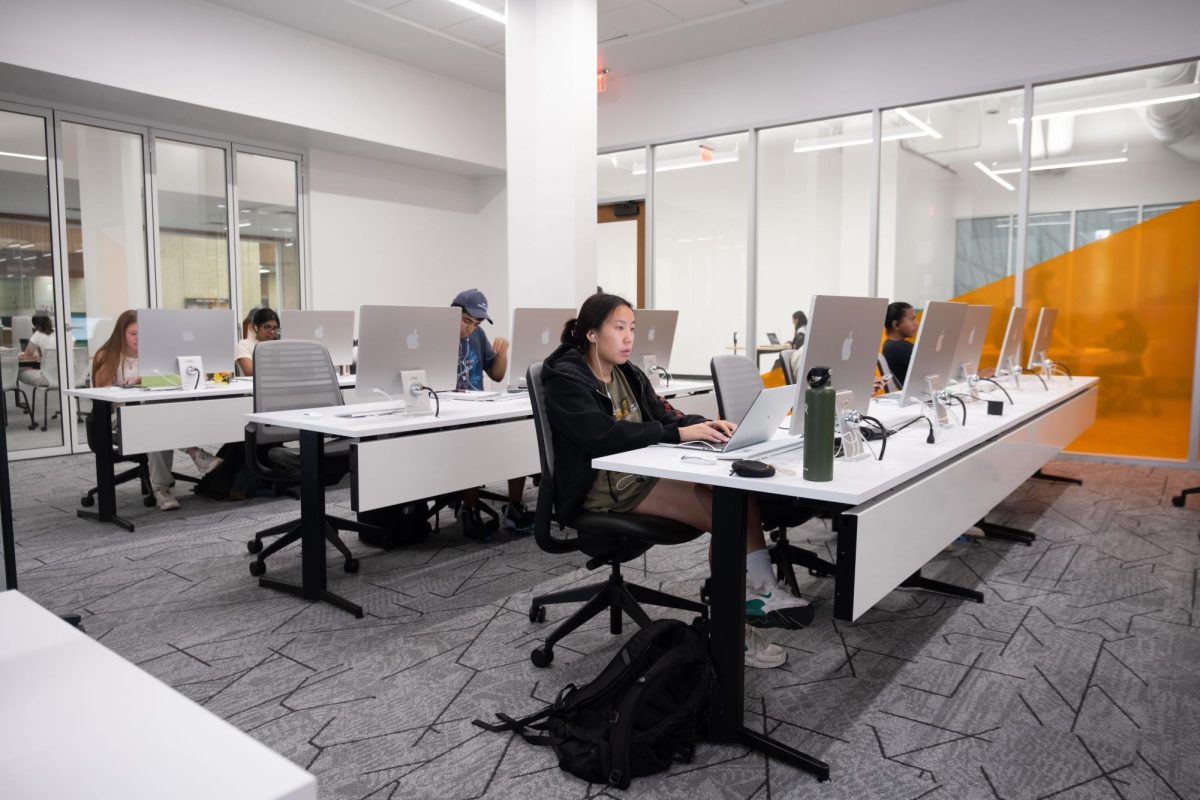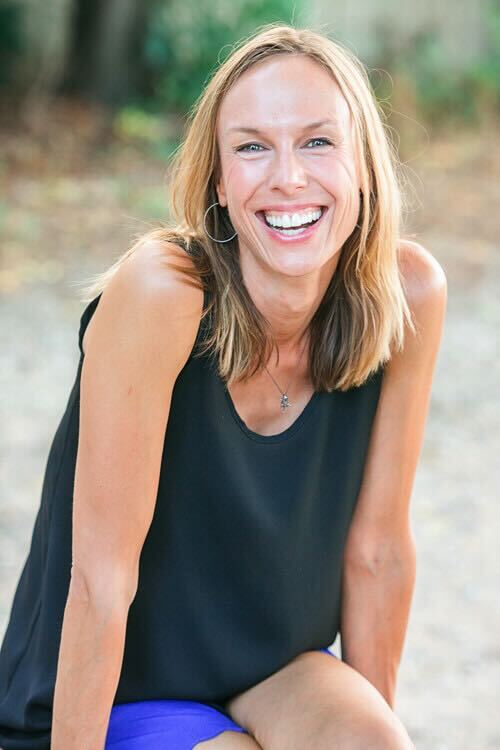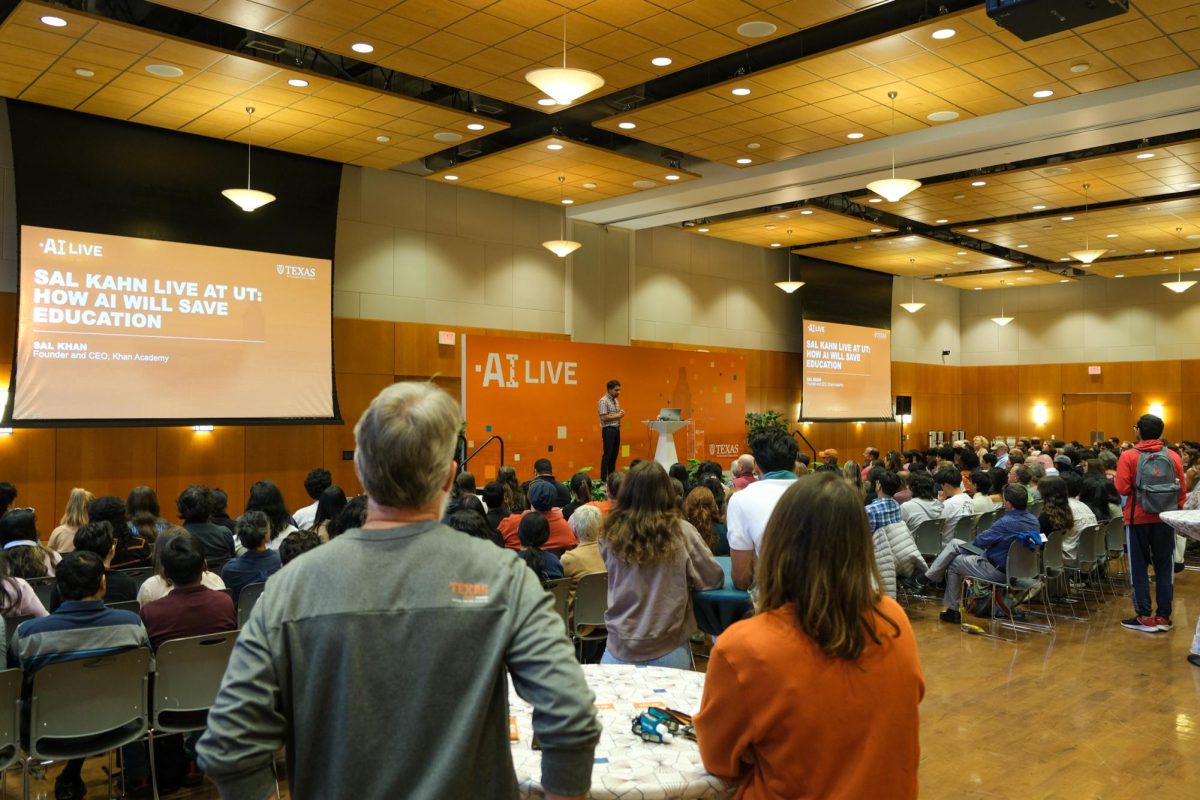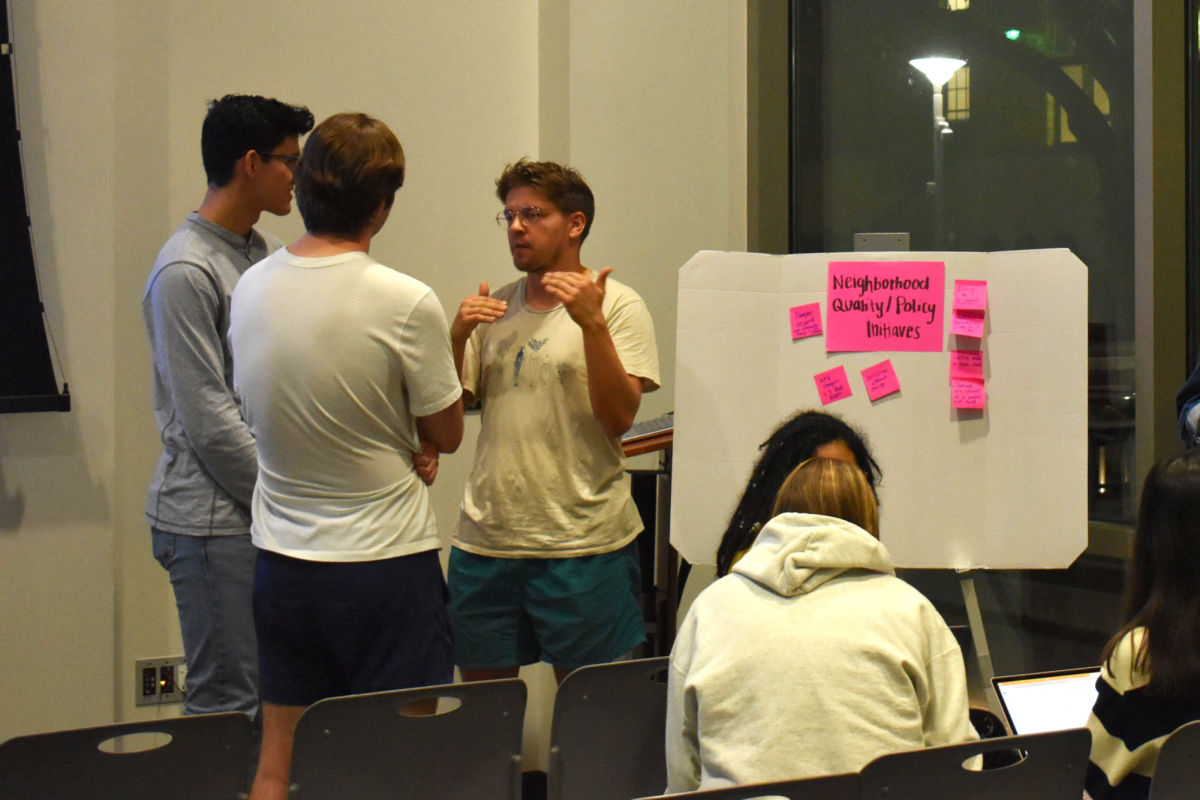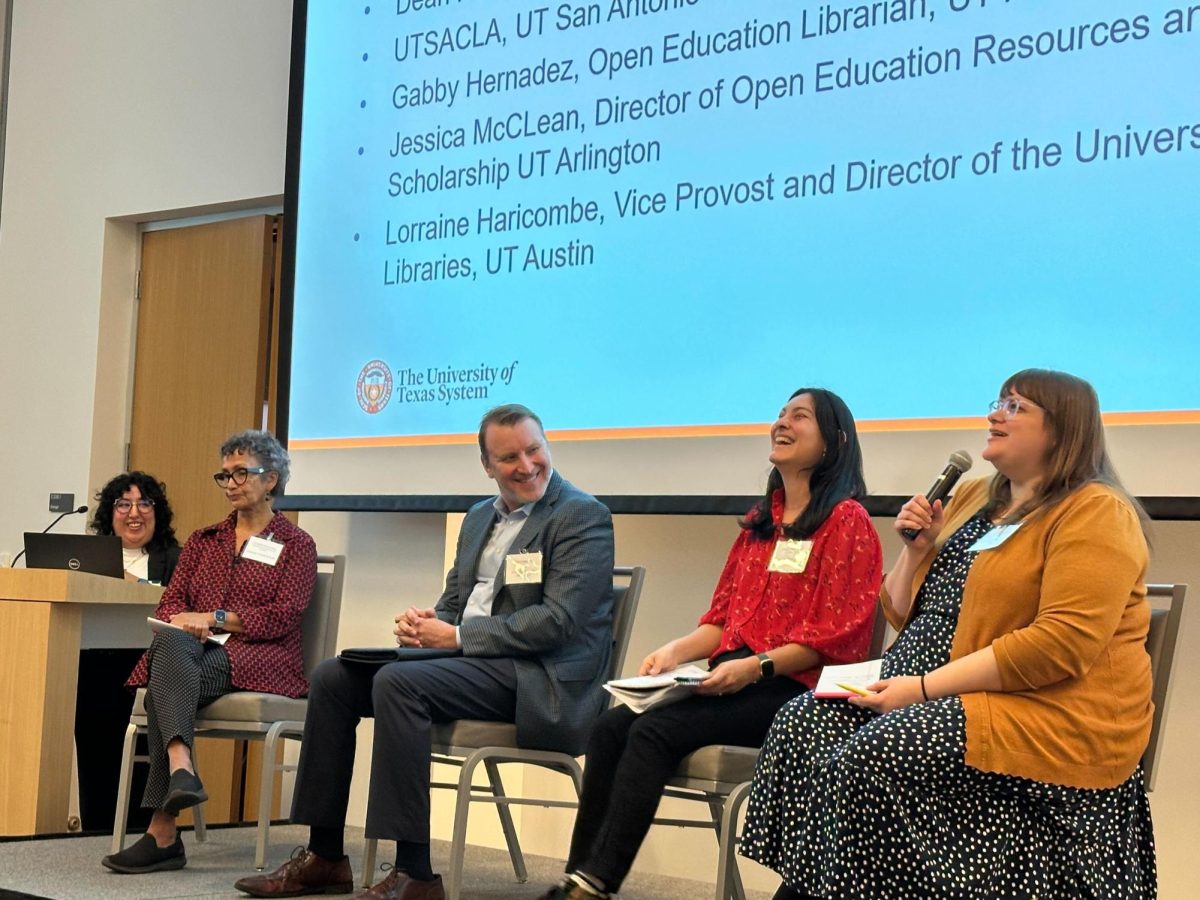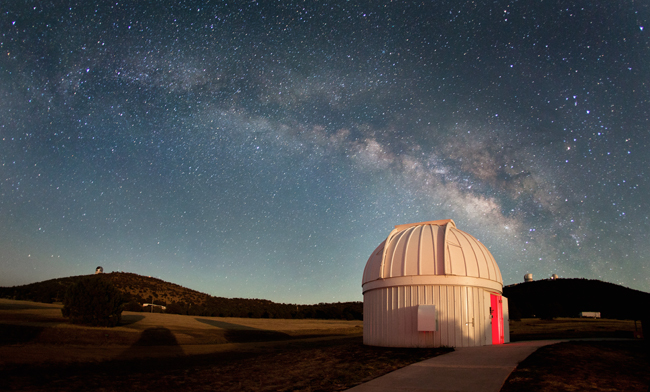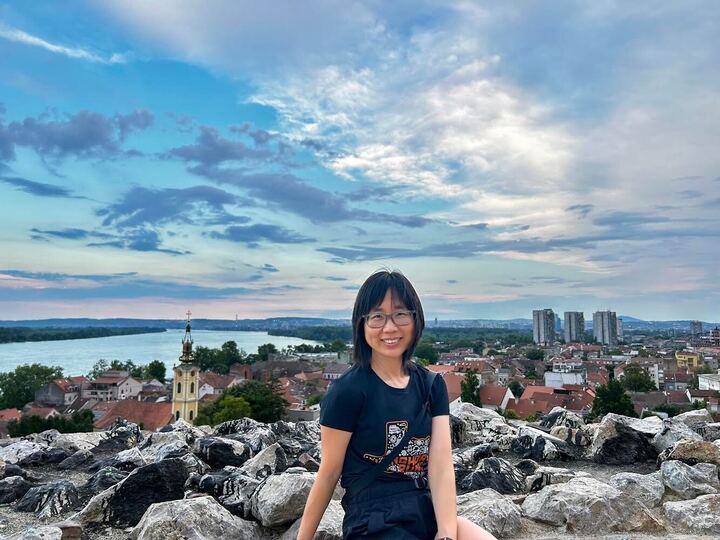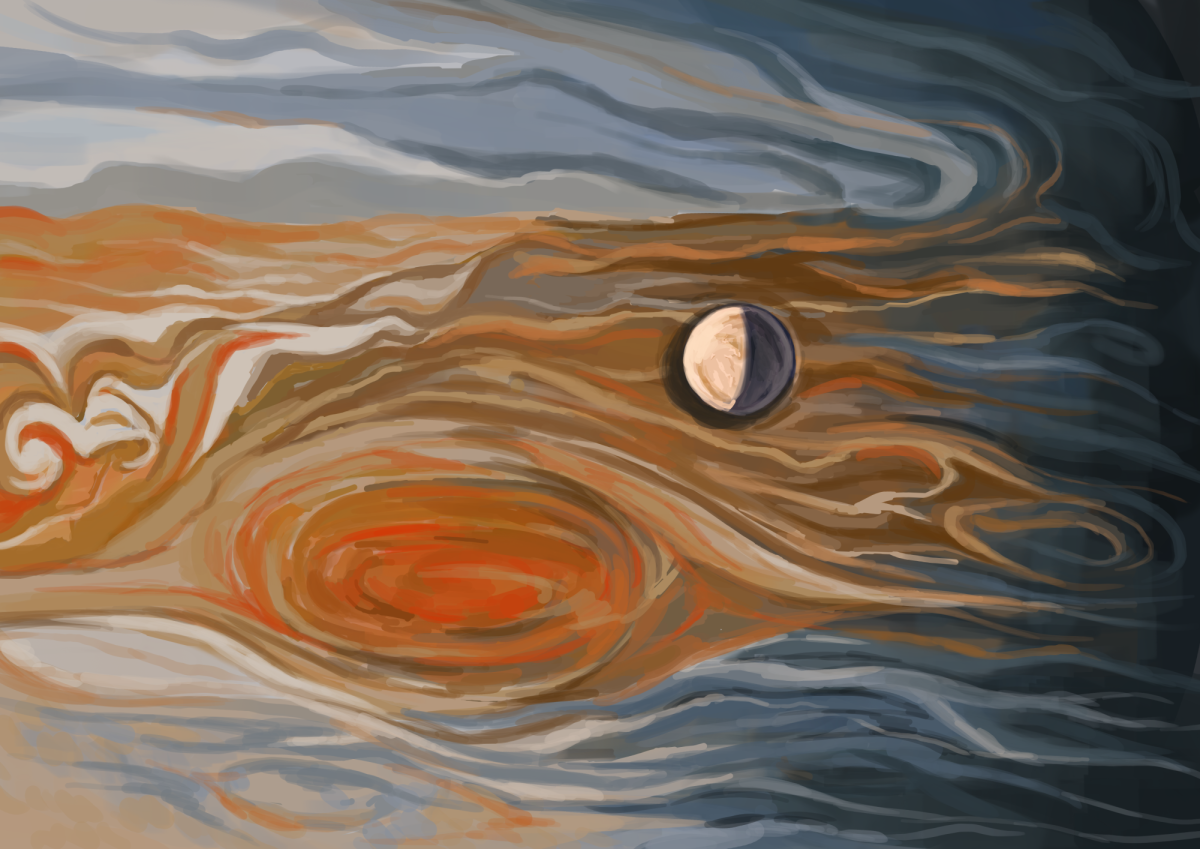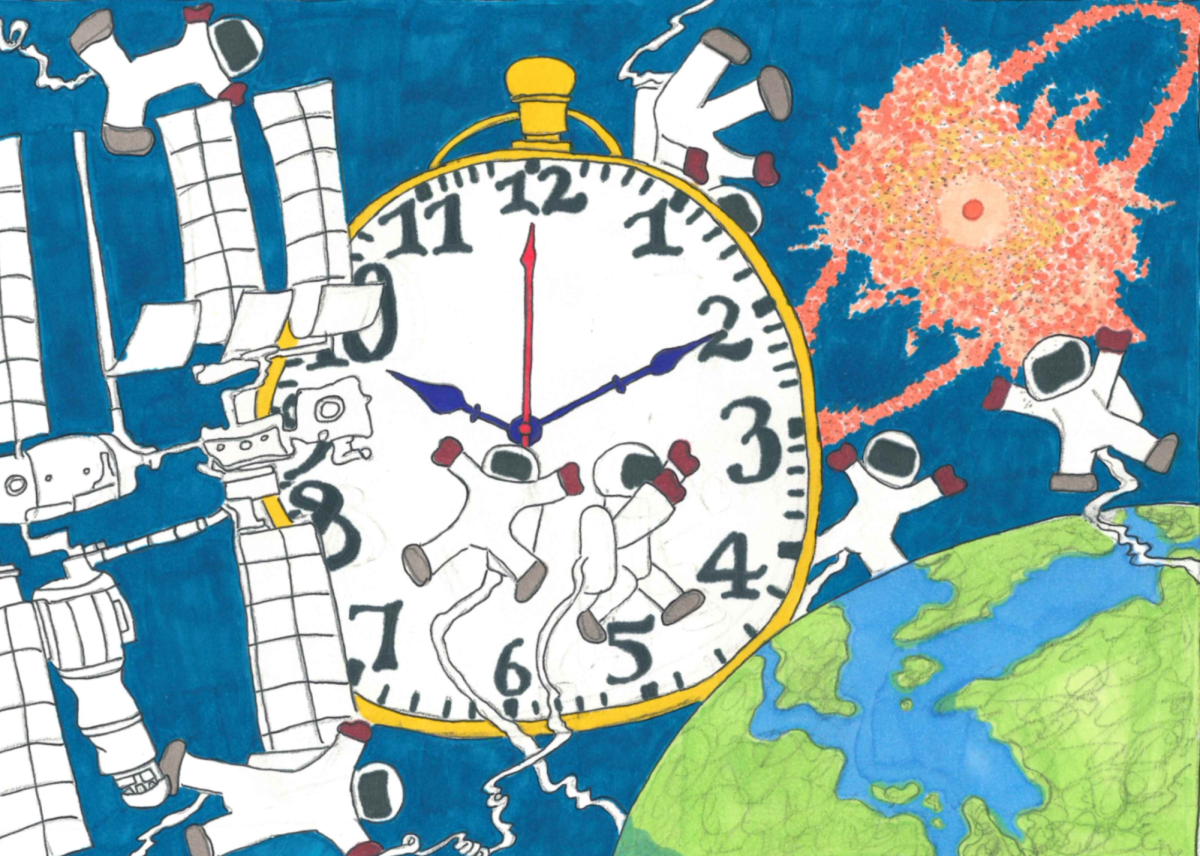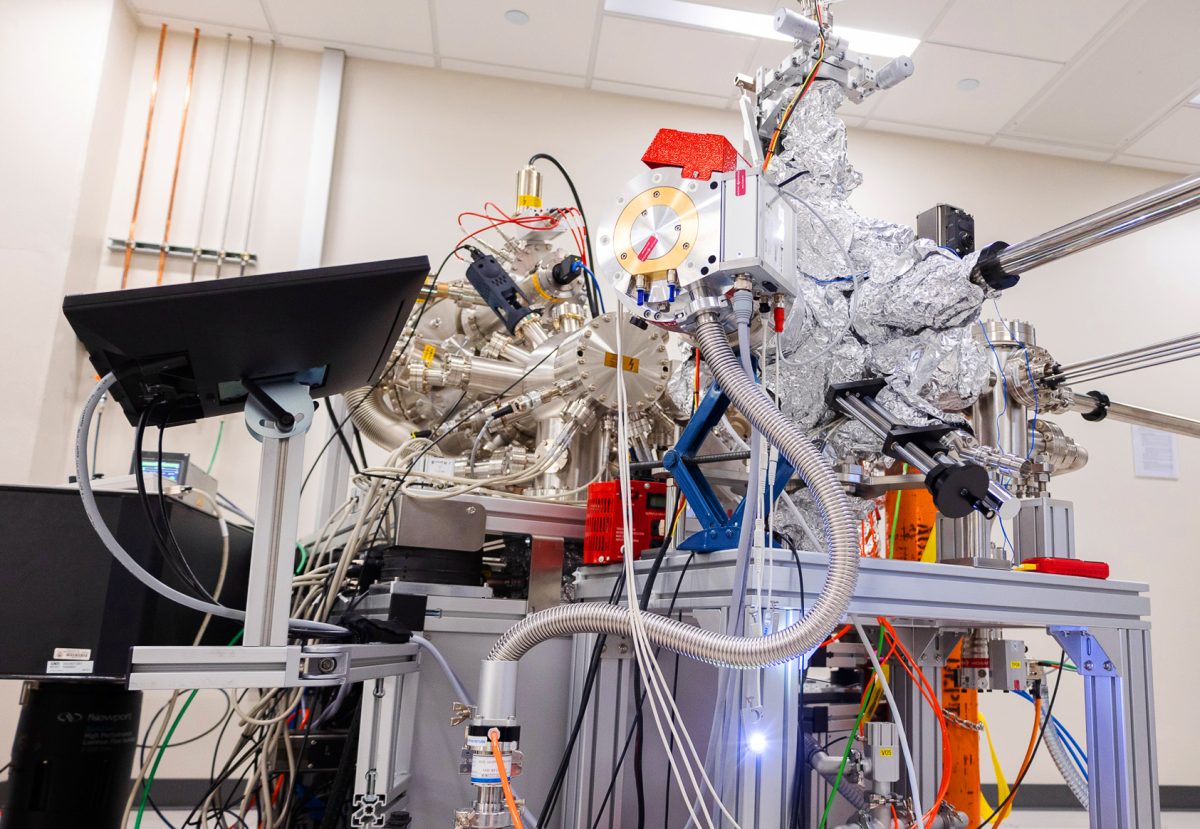The Texas Open Science Summit brought together research experts to celebrate 2023’s designation as the “Year of Open Science” on Sept. 20.
Open science, as defined by the United Nations Educational, Scientific and Cultural Organization, is a set of principles and practices aiming to make scientific research more accessible and the production of research more inclusive, equitable and sustainable for the benefit of scientists and society.
The White House Office of Science and Technology labeled 2023 as the “Year of Open Science,” in an effort to improve equitable access to research, engage underrepresented communities in the field of research and advance discoveries through strategic approaches, according to their website.
The UT libraries, in collaboration with the Office of Vice President for Research, Scholarship and Creative Endeavors, invited researchers and experts on open science to raise awareness for the OSTP’s goals. HELIOS and NASA TOPS, two initiatives that support an inclusive research community through open science practices, also supported the event.
“We want to showcase UT’s leadership in advocating for open scholarship and to raise greater awareness of the work that HELIOS is doing to take collective action,” Lorraine Haricombe, vice provost and director of UT Libraries, said during the summit.
The summit addressed obstacles in open science such as open access fees that limit the resources available for researchers to use.
“As we work to overcome these barriers, we need to keep a sharp eye on and help the scholarly community promote the very real advantages of an open system,” vice president for research Daniel Jaffe said during the summit. “(This allows) greater synergy through more robust exchange of ideas.”
The summit took place in the Perry-Castañeda Library and featured a panel discussion on open science, which highlighted UT’s open science opportunities and its efforts aimed at making research more accessible for its students.
“I think UT libraries definitely provide a lot of resources, and they also regularly organize,” Mohammad Afzal Shadab, a fifth-year computational science, engineering and mathematics Ph.D. student at UT, said during the summit. “From my experience, I think open science increases your impact and increases the trust in your resources.”
Michael Shensky, head of research data services for UT libraries, said Data & Donuts, an ongoing workshop series hosted by the UT libraries focusing on open-sourcing and research code, is a good example of how UT programs emphasize open science.
“One of the things that we really try to highlight during those workshops is openness, open science, open scholarship and how folks can make use of tools that are readily accessible,” Shensky said. “We’re really proud of it and glad to see it continuing here in the UT libraries.”

